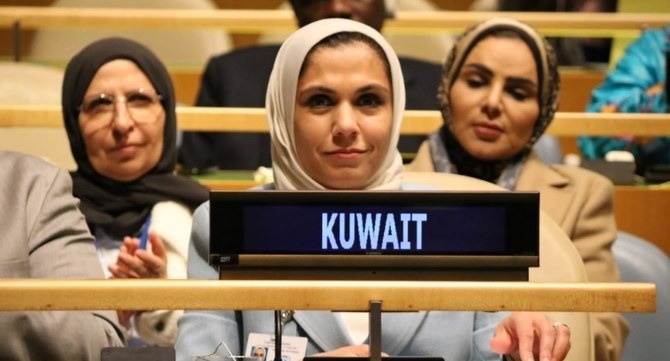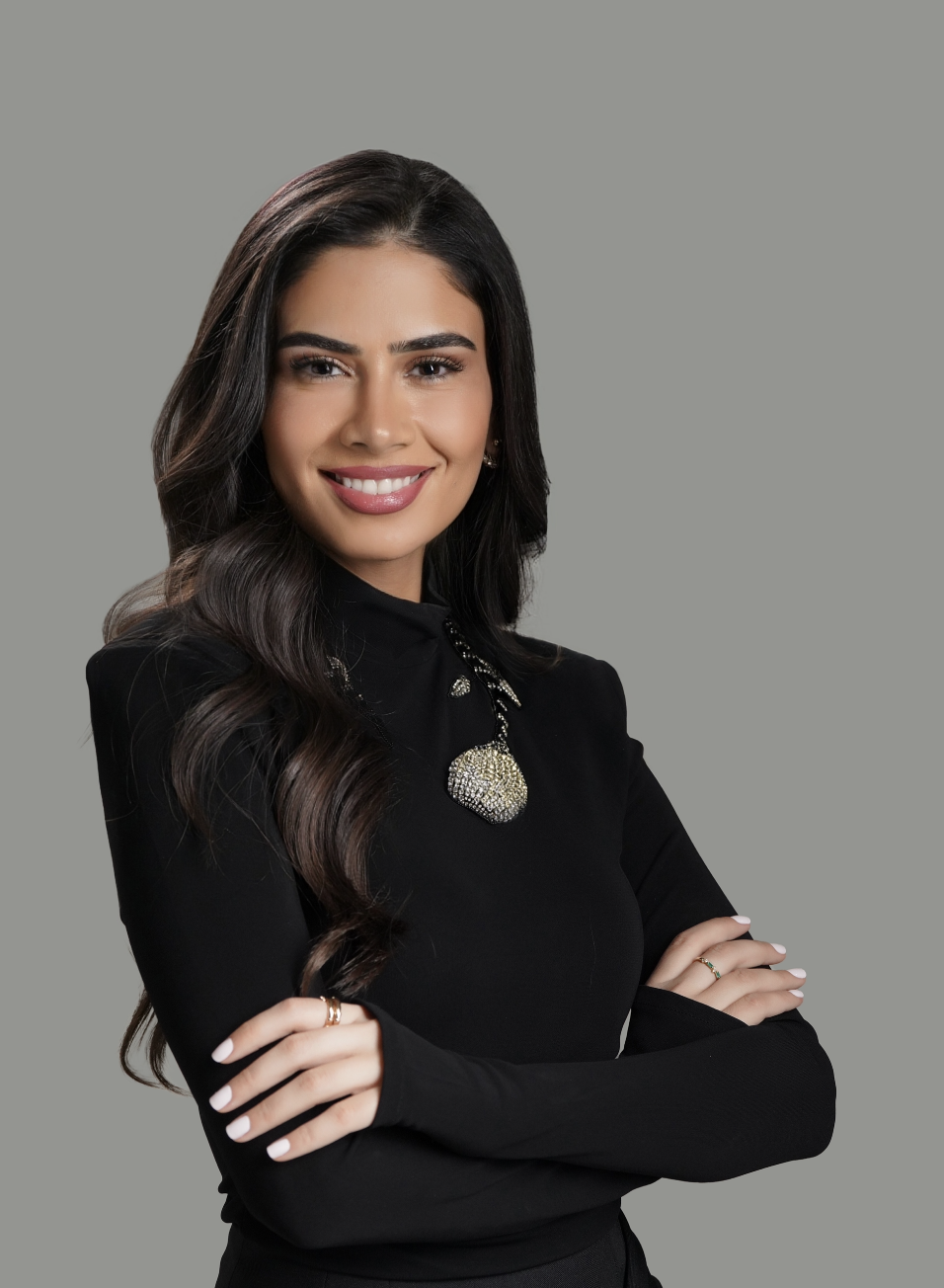In a significant step towards gender equality and sustainable development, Kuwait’s Minister for Social and Women’s Affairs, Mai Al-Baghli, has outlined her country’s commitment to empowering women as “equal partners” in driving Kuwait’s progress towards a sustainable future. Speaking at the UN’s Commission on the Status of Women in New York, Al-Baghli emphasized the crucial role of the female population in achieving sustainability and called for collective global efforts to overcome various challenges.Kuwait’s vision for gender equality and empowerment is grounded in its recognition of the importance of women’s participation at all levels of society, including the realm of technological innovation. Al-Baghli stressed that Kuwaiti women have consistently demonstrated their ability to face challenges and transform them into driving forces for modernization and progress in the country.The timing of Al-Baghli’s address holds particular significance, with just seven years remaining until the deadline for achieving the global sustainable development objectives set for 2030.
These objectives, as outlined by the United Nations, include gender equality and the empowerment of women and girls, making Kuwait’s commitment even more pertinent in the context of the global agenda.Kuwait has taken substantial steps to uphold gender equality and women’s rights. The country’s constitution guarantees gender equality, reflecting its commitment to ensuring equal opportunities for all. Moreover, Kuwait became a signatory to the UN Convention on the Elimination of All Forms of Discrimination against Women in 1994, further solidifying its dedication to promoting women’s rights and gender parity. A milestone achievement occurred in 2005 when Kuwaiti women were granted the right to vote, marking a significant stride towards political inclusion and representation.Kuwait’s commitment to women’s empowerment is not limited to legal and political dimensions; it extends to economic and societal spheres as well. Currently, women constitute an impressive 59 percent of the national workforce in Kuwait, surpassing the global target of 39 percent. Furthermore, women hold leadership positions, comprising 21 percent of the nation’s leaders. Their presence in these influential roles underscores their pivotal role in realizing Kuwait’s national development strategy, known as Kuwaiti Vision 2035.Kuwait’s strides in women’s education are particularly commendable.
The country has witnessed a surge in the enrollment of female students, especially in fields like medicine and engineering, where they constitute an impressive 75 percent of the student population. This trend is even more pronounced in faculties related to medical sciences and pharmaceuticals. Such advancements highlight Kuwait’s commitment to providing equal educational opportunities and fostering the talents and potential of its female citizens.In her address, Minister Al-Baghli emphasized that Kuwait sees its women as instrumental partners in achieving the goals set out in Kuwaiti Vision 2035 and the broader global sustainable development agenda. As the nation looks ahead, it remains dedicated to fostering an inclusive and equitable society where women continue to play a central role in shaping the nation’s future.The significance of Mai Al-Baghli’s message extends beyond Kuwait’s borders. It serves as a reminder of the transformative power of gender equality and women’s empowerment in driving sustainable development and progress.
Her call for collective action resonates with the global community as it strives to overcome various challenges, including those of a social, political, economic, and health-related nature.In summary, Kuwait’s commitment to empowering women as equal partners in its sustainable development journey is a testament to the nation’s dedication to fostering gender equality, inclusivity, and progress. As the country forges ahead with Kuwaiti Vision 2035 and aligns with the UN’s sustainable development goals, the role of women in Kuwait’s development narrative continues to be celebrated and strengthened.












